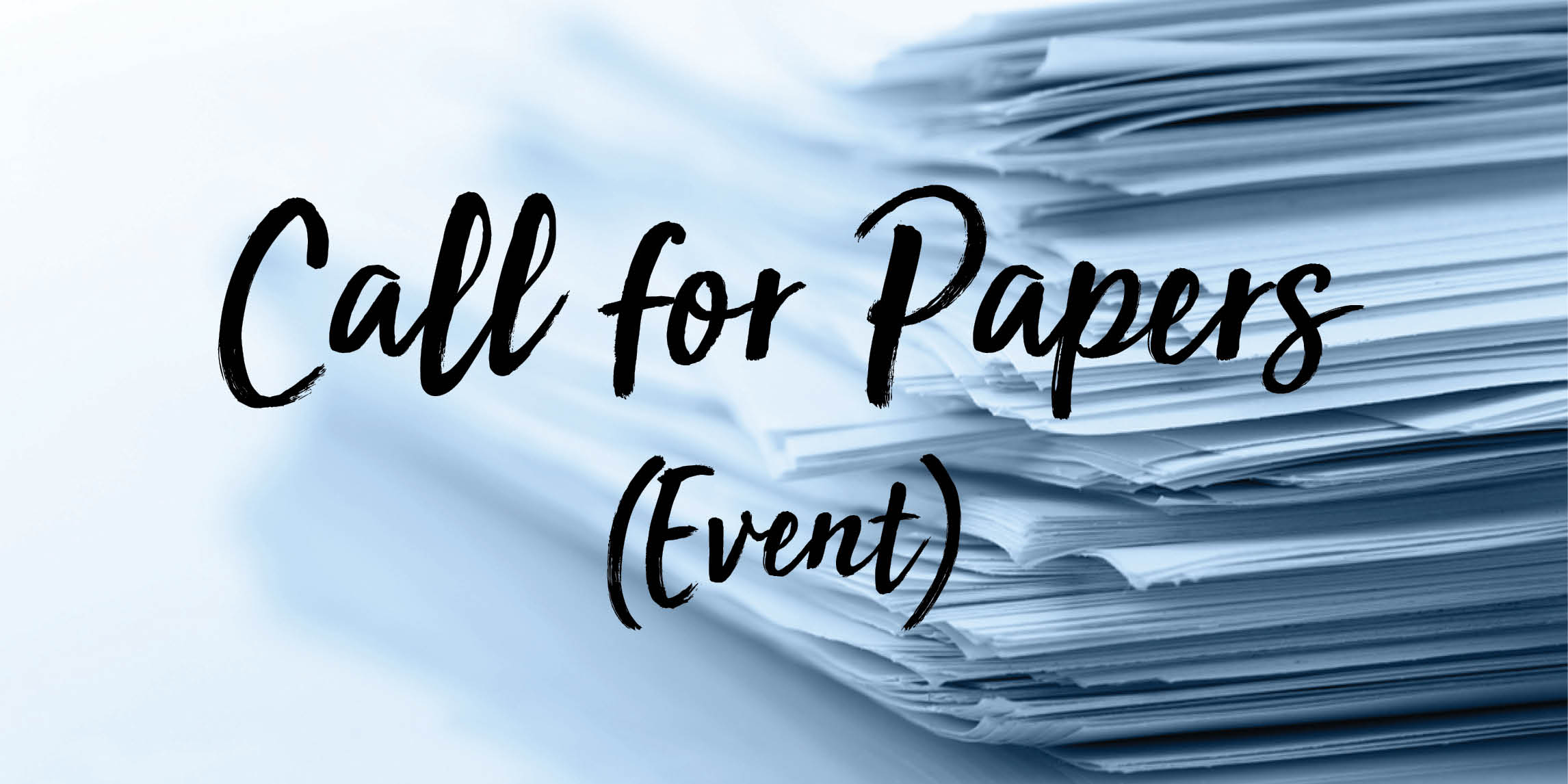

Following Konrad Adenauer’s Legacy: democracy and (un)democratic attitudes
Contact: dstockem@uottawa.ca
Deadline: Wed, 31 Dec 2025
"For us, democracy is not exhausted in the parliamentary form of government or even in the rule of a majority over a minority. The first months of 1933 showed us how the parliamentary form of government can even be misused to bring about a dictatorship if people do not truly think and feel democratically. Democracy is more than a parliamentary form of government; it is a worldview that is also rooted in the Christian-developed concept of the dignity, value, and inalienable rights of every individual person. Democracy must respect these inalienable rights and the value of every single person in state, economic, and cultural life. Anyone who truly thinks democratically must always be guided by respect for others, for their honest will and aspirations." (Konrad Adenauer, 24.03.1946).
Referring to the end of the Weimar Republic and Hitler’s takeover of power in the early 1930s in Germany, Konrad Adenauer, the first German Chancellor tells us that democracies simply cannot exist, if there are no democrats. In 2025/26, which marks the 150th birthday of the first German Chancellor, Konrad Adenauer’s words could not be more pertinent. In the current world, populist and anti-democratic forces from the edges of the political spectrum have made a stunning comeback. The world is increasingly governed by personalistic and autocratic leaders. Even in longstanding liberal Western Democracies such as Germany or France, far-right parties such as the Alternative for Germany (AfD) have made stunning (electoral) comebacks. Are we at the verge of democratic breakdown like the world experienced roughly 100 years ago?
Against this sober global situation, we are interested in the simple question: Why do people that turn their back on democracy? In this workshop, we want to answer this question from different angles. We are interested in contemporary and historical contribution that allow us to understand the reasons why democracy is no longer the only viable option for citizen, as well as the type of citizens who turn their back on democracy. The workshop also tries to span a larger picture on citizens’ engagement with democracy by looking at the link between peoples’ rejection of democracy and their adherence to populism and conspiracy theories. Finally, we aim at discussing the role of elites and the (social) media in undermining the democratic consensus in the citizenry.
To look at these topics, we are interested in both comparative research designs and country case studies.
We believe that we commemorate the 150th birthday of the first German Chancellor and one of the founders of the European Unification project, Konrad Adenauer and celebrate his legacy. His warning that a democracy needs democrats to thrive could not be more significant now. If we do not want to see more democracies slip toward autocracy, we need to know:
If we speak in Konrad Adenauer’s terms, democracy without democrats cannot exist. There is hence no better topic then democratic attitudes to commemorate the 150th birthday of the first German Chancellor and one of the founders of the European Unification project, Konrad Adenauer and celebrate his legacy. His warning that a democracy needs democrats to thrive could not be more topical, and the workshop will hopefully help us get a better picture of the reasons why the democratic consensus is waning.
The Workshop will be held at the University of Ottawa on 23-24 April 2026. We invite established and emerging scholars working on democracy and (un)democratic attitudes in any geographical setting to submit extended abstracts of roughly 500 words to the workshop convenor, Daniel Stockemer (dstockem@uottawa.ca), by 31 December 2025. We plan to invite 8 to 10 scholars to this workshop and will cover travel, accommodation, and meals for all participants.
We plan to publish the papers selected for this workshop in an anniversary book commemorating the 150th birthday of Konrad Adenauer. By submitting an abstract, authors agree to include their paper in the book project.
This workshop is organized jointly by the Konrad Adenauer Stiftung, Canada Office and by the Konrad Adenauer Research Chair in Empirical Democracy Studies at the University of Ottawa.











